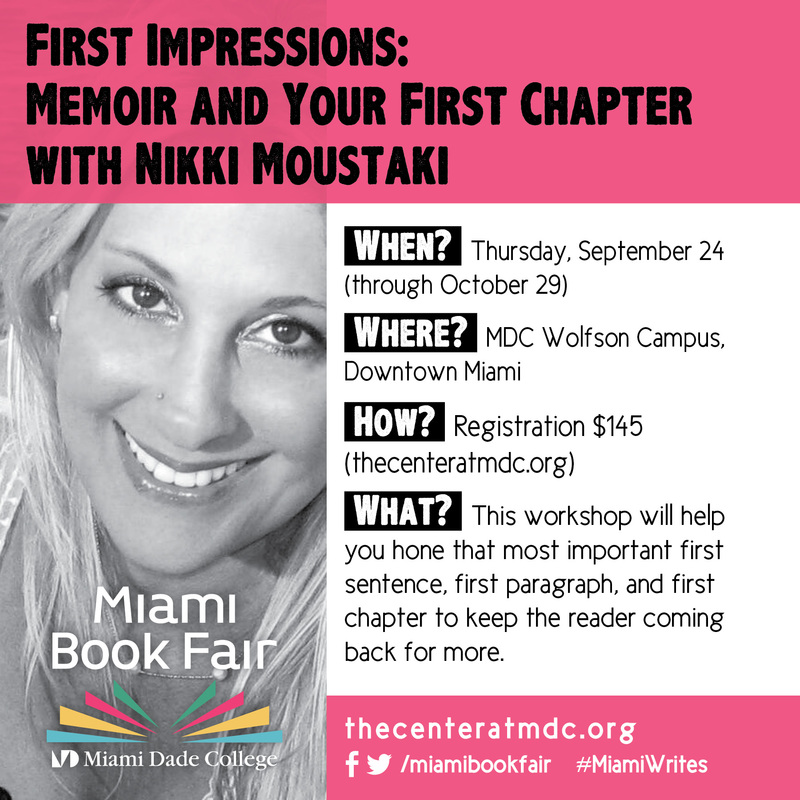Of all human activities, writing is the one for which it is easiest to find excuses not to begin – the desk’s too big, the desk’s too small, there’s too much noise, there’s too much quiet, it’s too hot, too cold, too early, too late. I had learned over the years to ignore them all, and simply to start.” ― Robert Harris
A story is only as good as your ability to tell it. For a writer, this means being able to use language in such a way that it draws the reader into the page and keeps her there until the end of your tale. When you're a novice writer, most of these tips will help in revision. As you practice and become a better technician, you will start to create cleaner drafts at the sentence level. Here are my top tips for "cleaner" more readable prose:
1. Use strong verbs. This isn't groundbreaking advice. Replace "to be" verbs, got, and put wherever possible with stronger verbs. "She was walking over the leaves" becomes "She walked over the leaves." "I got a new car" becomes "I bought a new car" or "I stole a new car" or "I acquired a new car."
2. Eliminate adverbs. Again, not groundbreaking advice, but please do heed it. If you have a strong and concise verb, you don't need an adverb. This doesn't mean that you have to develop an allergy to adverbs, just use them when you are at a loss for anything better. "I walked gently over the leaves" becomes "I minced over the leaves" or "I tiptoed over the leaves."
3. Don't editorialize. Just tell the story. If you find yourself ending a paragraph with your general opinion about what you've just written, cut it. (Click on Read More below)
1. Use strong verbs. This isn't groundbreaking advice. Replace "to be" verbs, got, and put wherever possible with stronger verbs. "She was walking over the leaves" becomes "She walked over the leaves." "I got a new car" becomes "I bought a new car" or "I stole a new car" or "I acquired a new car."
2. Eliminate adverbs. Again, not groundbreaking advice, but please do heed it. If you have a strong and concise verb, you don't need an adverb. This doesn't mean that you have to develop an allergy to adverbs, just use them when you are at a loss for anything better. "I walked gently over the leaves" becomes "I minced over the leaves" or "I tiptoed over the leaves."
3. Don't editorialize. Just tell the story. If you find yourself ending a paragraph with your general opinion about what you've just written, cut it. (Click on Read More below)


 RSS Feed
RSS Feed